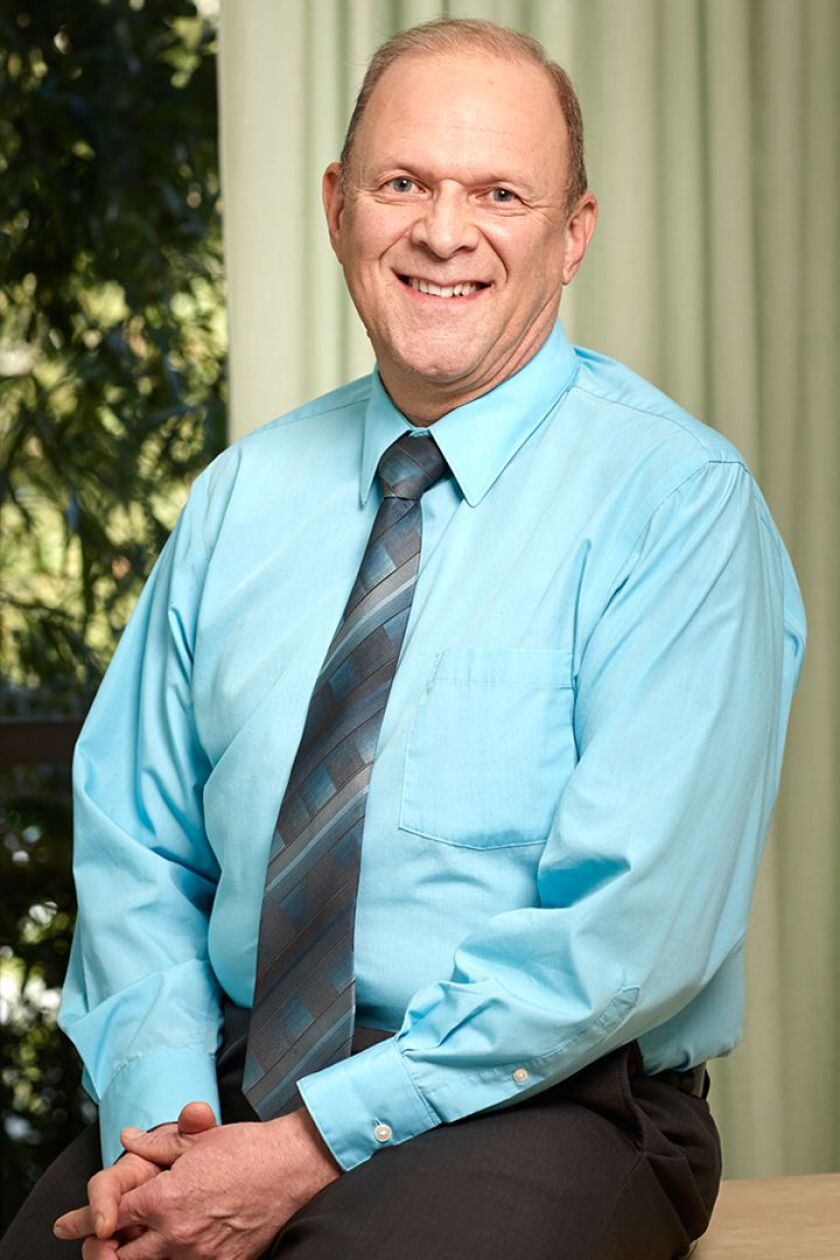Eric Dorsa says he can remember restricting his eating at age 9 or 10 as his way of coping with feeling like an outsider in his own family.
“I was a gay, queer child growing up in a very conservative and non-nurturing environment,” said Dorsa, who’s from San Antonio, Texas, and now lives in the West Loop.
“I had a very negative self-image,” Dorsa said. “Fundamentally, I felt that I was not enough … But I didn’t have the luxury of language to explain it. So the byproduct of my shame, perfectionism and emotional sensitivity was to develop a temperament toward disordered eating.”
“If I did eat, I would purge,” he continued. “That was a non-negotiable rule. If I didn’t do those behaviors, I felt I was going to die. I had no choice. I didn’t know why I couldn’t stop.”
Dorsa’s situation became so grave, he was hospitalized at age 12 with heart failure and was tube-fed. Finally, at age 18, after he had obtained health insurance, Dorsa found treatment and group support.
Dorsa, 31, has been symptom-free for nine years. He works as a comedian and a drag queen.
Dorsa and medical experts say, ideally, parents must become their child’s advocate to save the child’s life. Children can be genetically predisposed to hypersensitivity and rigid emotions, but an external force may push them to extremes.
As Dorsa said he learned, “Genetics loaded the gun. The environment pulled the trigger.”
Parents require sympathy, too, said Dr. Sadhana Dharmapuri, interim chief of the John H. Stroger Jr. Hospital’s Division of Adolescent and Young Adult Medicine at Cook County Health.
Cook County Health is one of only a few treatment centers that accept public-aid eating disorder patients. Even people with health insurance may have trouble getting coverage for treatment that can cost tens of thousands of dollars each month.
“It can be an isolating disease, especially for families,” Dharmapuri said. “Parents tell me they have no one to talk to. There’s a lot of judgment around what they did or didn’t do. It can take years for kids to get better. It can be emotionally challenging and devastating to families.”
Social media may well make a proclivity worse, research shows. A national survey of 19- to 32-year-olds showed a “strong and consistent association between social media use and eating concerns.”
The association occurred whether the research measured the volume or frequency of a person’s social-media use, according to the study published in the Journal of the Academy of Nutrition and Dietetics.
Whether more young people are afflicted than in the past is difficult to determine because the Centers for Disease Control and Prevention has dropped eating disorders from its behavioral risk factor surveys. But other research shows 30 million, or 9 percent of Americans will suffer from an eating disorder in their lifetime, and people 15 to 24 with anorexia have 10 times the risk of dying compared with their same-age peers.
Dr. Joel Jahraus, chief medical officer for eating disorder and exercise addiction treatment center Monte Nido in Winfield, says men and boys account for 20 percent of eating disorder sufferers. A second location is tentatively planned for Naperville this spring.
Young people don’t realize that eating disorders cause their organs to shrink, their cholesterol levels to increase, and any obsessive-compulsive traits about food, weight and body image to intensify, Jahraus said.
That’s potentially deadly, since starving can cause the heart to lose up to 25 percent capacity of the left lower pumping chamber — the primary chamber that sends blood throughout the body, he said.
Parents should watch for signs of trouble if their child:
- Avoids or withdraws from friends, family and social activities.
- Refuses to eat meals with the family or in front of others.
- Wears baggy clothes to hide weight loss.
- Shows excessive anger, sadness or guilt or other behaviors that push people away.
- Starts fad or extreme diets or excessively weighs and/or measures food portions.
- Insists on doing excessive exercise.
- Makes frequent negative comments about his or her body shape or appearance.
- Compares his or her appearance in a negative way to others.
What should parents do?
It’s tricky because so many young people with eating disorders are highly intelligent and skilled in the traits that society often rewards: Maintaining emotional control, valuing productivity over relationships, and believing asking for help shows weakness, said Ellen Astrachan-Fletcher, regional clinical director for Eating Recovery Center in Chicago.
“They end up very alone,” she said. “Even if they have people who care about them, they keep so much to themselves. They believe, ‘If people really knew me, they wouldn’t really love me.’”
“No one should be dealing with this alone.”
Sandra Guy is a local freelance writer.
WEBSITE RESOURCES:
- Advocates of Radically Open Treatment for Eating Disorders Among Young People: https://childmind.org/center/radically-open-dialectical-behavioral-therapy/
- Maudsley Parents:– www.maudsleyparents.org — Parents who’ve helped their children recover from anorexia and bulimia with family-based treatment.
- Feast/ed: www.feast-ed.org — a global organization of and for parents of those with eating disorders.
To search for treatment providers:
- National Association for Anorexia Nervosa and Associated Disorders or ANAD, based in Highland Park: anad.org
- National Eating Disorders Association (NEDA): A helpline at 1-800-931-2237 and the website include information on free and low-cost support — NationalEatingDisorders.org
- The Academy of Eating Disorders: www.aedweb.org/home
- Substance Abuse and Mental Health Services Administration: www.samhsa.gov







